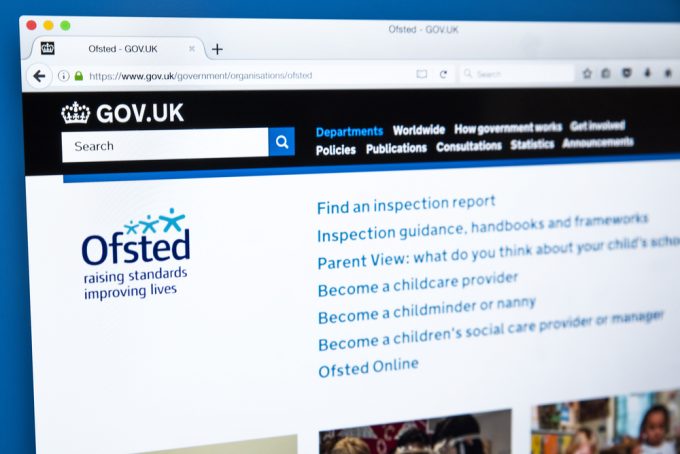Dr Kristy Howells discusses how being hydrated can help healthy lifestyles, wellbeing and mental health.
Why so surprised? A very brief history of sexual harassment in schools
Dr Chris Beighton explains why the recent Ofsted report into sexual harassment in schools is not a surprise.
Beyond COVID-19: Rethinking Early Years Education
As the government considers how and when to reopen our schools, Wendy Cobb and Tom Troppe explore the topic and discuss whether early years education should be re-evaluated.
Ofsted draft inspection framework: emotional health – a missed opportunity?
Wendy Cobb, Senior Lecturer in the School of Teacher Education and Development and Mary Taylor, Head of Programmes at Family Links in the Centre for Emotional Health, discuss the draft Ofsted framework consultation document and how it could affect children throughout their time at school.
This Girl Can
Dr Laura Gubby explores the importance of encouraging female students and staff at university to become active.
Mental health crisis in schools – a need for system change
Wendy Cobb, Senior Lecturer in the School of Teacher Education and Development and Bea Stevenson, Head of Emotional Health at School at Family Links, discuss the need to encourage and establish a foundational change in the education system that positions mental health at the heart of all teaching and learning.
One thousand headteachers march on Downing Street – it’s time to listen
Dr Alison Body discusses today’s headteachers rally in central London to demand extra funding for schools.
Education in Crisis…. Are volunteers and fundraising the answer?
Dr Ali Body explores funding shortages in education and argues that schools are increasingly turning to volunteers and fundraising to help solve the crisis.
Universities best placed to nurture committed and passionate teachers
William Stow, Head of the School of Teacher Education and Development, responds to today’s story, running across the BBC network, on the shortfall in teacher recruitment across the UK in […]








